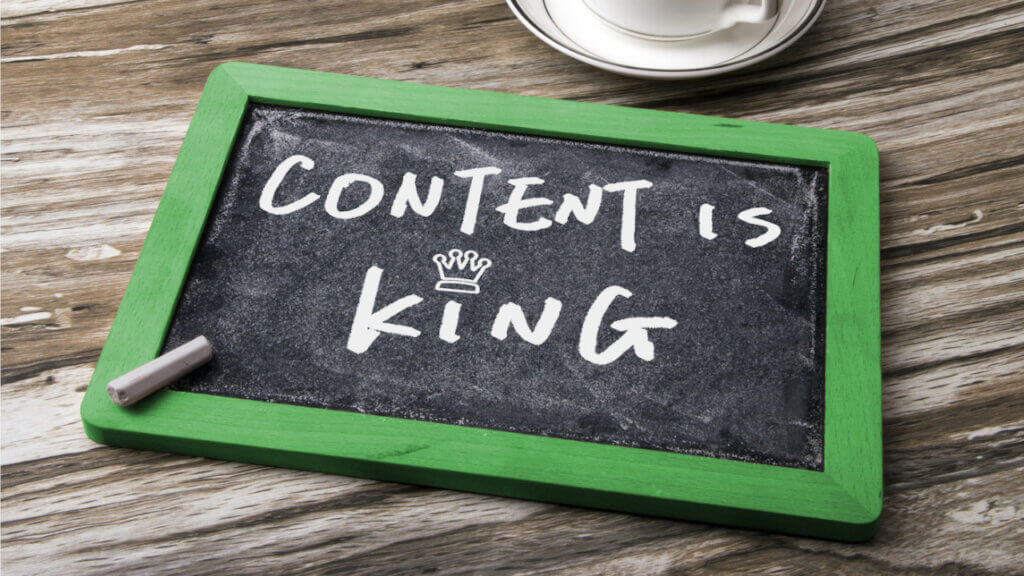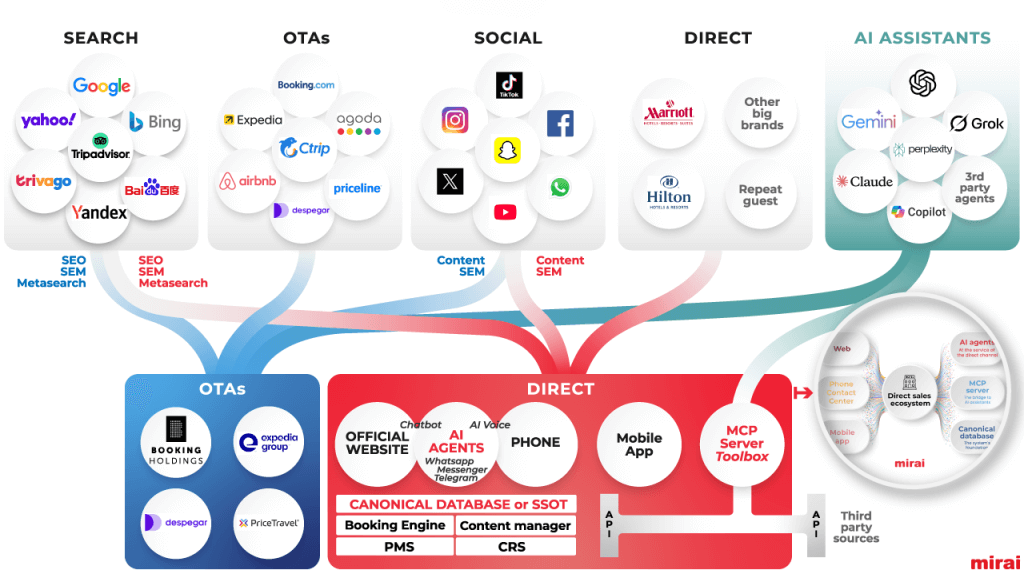
You have heard and will hear it again: content is king. Our current social media landscape has put immense pressure on showcasing real-life, “relatable” photography instead of staged, “stock” photos. And while most hoteliers know that real experiences sell better than posed, the problem arises in executing content creation.
NB: This is an article from Travel Media Group
Subscribe to our weekly newsletter and stay up to date
So, how do they attain content without having to do it themselves?
User-generated content (UGC) and influencer marketing have ushered in a new digital marketing standard that strives to capture and post content that everyday customers can relate to. What does this mean for hoteliers? Seeking, engaging with, and managing UGC and influencer opportunities should be a priority in their digital marketing strategies.
Difference Between UGC and Influencers
Although content created by guests and influencers may look and feel similar to outsider consumers, there are key differences. UGC comes from standard guests who stay at your hotel and post their content on social media or review their stay online. Influencers are more likely than not paid by the hotel to stay at their property, create content, and post about their experiences in a review-like sense.
User-Generated Content
We have all shared photos or updated our Facebook statuses during a trip to show others where we are and what we are doing. In the hotel industry, UGC is any brand-specific content that guests create and publish online. These can include photos, videos, status updates, and reviews. Like most other industries, consumers tend to trust reviews and content from real-life guests over branded content posted by the hotel. According to Stackla, 79% of people say UGC highly impacts their purchasing decisions, and 84% say they trust peer recommendations above all other advertising sources.
Influencer Marketing
Through television commercials and billboard advertising, celebrities have influenced consumers on how to live and what products to buy for years. Whether it be vitamins, appliances, or form-fitting jeans, consumers are more inclined to purchase products recommended by people they admire. But, there is a difference between celebrity endorsements and influencer marketing. Celebrities often appear in commercials or on billboards backed and branded by the company. Influencers are paid to post their content to their personal social media profiles and tag the company.




